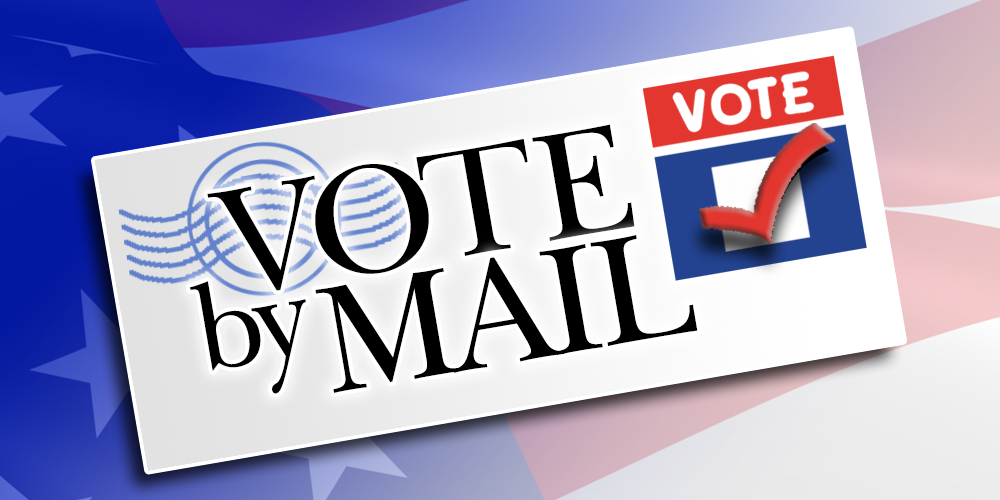A federal judge in San Antonio ruled this week that it is illegal for Texas elections officials to reject mail-in ballots and the applications for them over ID mistakes on elections paperwork.
The requirement was part of a sweeping voting bill that state lawmakers passed in 2021, mandating that voters provide either a driver’s license number or the last four digits of their Social Security number when submitting mail-in ballot documentation. The number they include has to match the one on their voter registration record.
Elections officials have since rejected nearly 40,000 submissions over errors related to that requirement, according to the ACLU of Texas. The number written by voters often didn’t match county files, or they forgot to include a number entirely.
U.S. District Judge Xavier Rodriguez said Thursday that the provision violates the Civil Rights Act by rejecting absentee applications and ballots based on errors that “are not material in determining whether voters are qualified under Texas law to vote or to cast a mail ballot.”
The court still needs to issue a final opinion and order in the coming weeks further expanding on the decision and telling the state how to comply. Spokespeople for the offices of the Texas Secretary of State and attorney general did not respond to requests for comment.
The ACLU of Texas, one of several civil rights groups that challenged the law in court, called the ruling a “win” for Texas voters.
“The court’s ruling sends the clear message that democracy only works when it includes all of us,” the group tweeted. “No exceptions.”
ACLU Attorney Savannah Kumar said the ruling will alleviate a burden for Texans who rely on mail-in ballots to exercise their right to vote, especially elderly people and those with disabilities.
See here and here for some background. A copy of the judge’s order is here, and more information on the case is here. Note that this was a motion for summary judgment by the plaintiffs, which was granted in part and denied in part; there will be a hearing for the parts that were denied, with the judge in the order asking for a “pared-down” witness list from the plaintiffs. I don’t know nearly enough to say how this all worked, and I assume there will be appeals. I do know that a full order is forthcoming, and that the trial for the rest of the case is set for September 11.
I know this case is the combination of multiple lawsuits. I don’t know if the suit filed by the Justice Department remains separate from this one or if it too was consolidated. Nobody ever thinks of the poor non-lawyer blogger trying to follow all this stuff. I’ll try my best to keep up with this anyway. I haven’t even mentioned all of the mail ballots that were disqualified in the 2022 cycle, mostly in the primaries when everyone first encountered this new law, but I trust you all remember that. I know I remember how many times I explained to my off-at-college daughter, who was voting for the first time, what she needed to do to make sure her vote counted. (Which in the end it did, assuming that the sore losers from that election don’t succeed in throwing it out.) One little-remarked aspect of all that was that there were plenty of Republican voters whose absentee ballots got junked as a result of this; by the end, I’d say Dems were better at educating their voters about what they needed, but I doubt it was much more than a wash for both sides. I also doubt that the Republican authors of the law cared.
I don’t have the energy to write about it now, but at the same time as this ruling came down, a federal judge in Georgia struck down parts of that state’s voter suppression law, too – you remember, the one that criminalized giving water to people in line to vote? Yeah, that. It’s bullshit that anyone has to deal with this stuff, but so far at least the courts have done the right thing. The ACLU of Texas, the Austin Chronicle, and Democracy Docket have more.


Let’s add, because I believe Kuff missed it, third-party candidates getting relief from paper signature requirements six weeks ago, in election law news. https://www.texastribune.org/2023/06/29/third-party-candidates-texas-elections/
SG – I did not miss that story.
http://www.offthekuff.com/wp/?p=110556